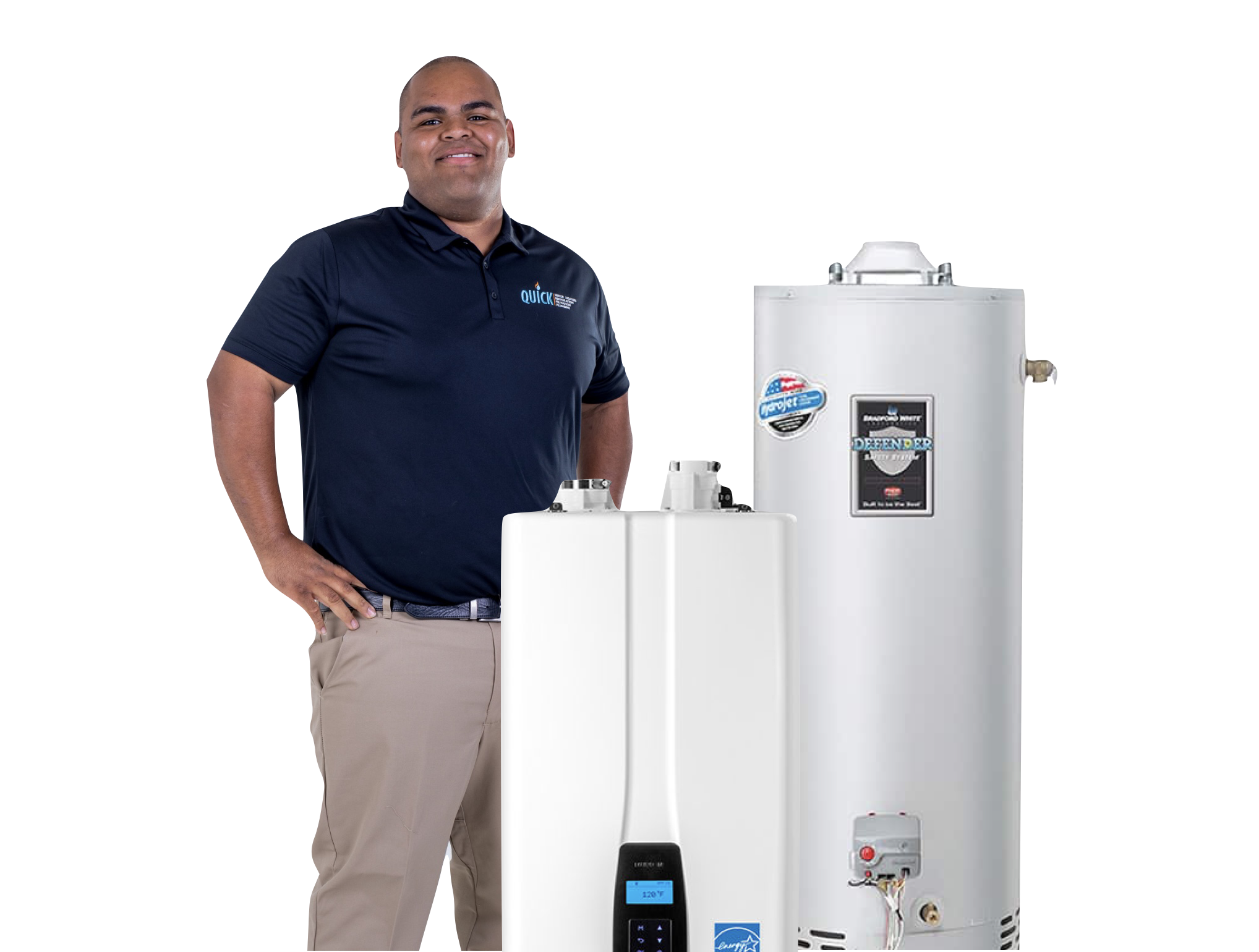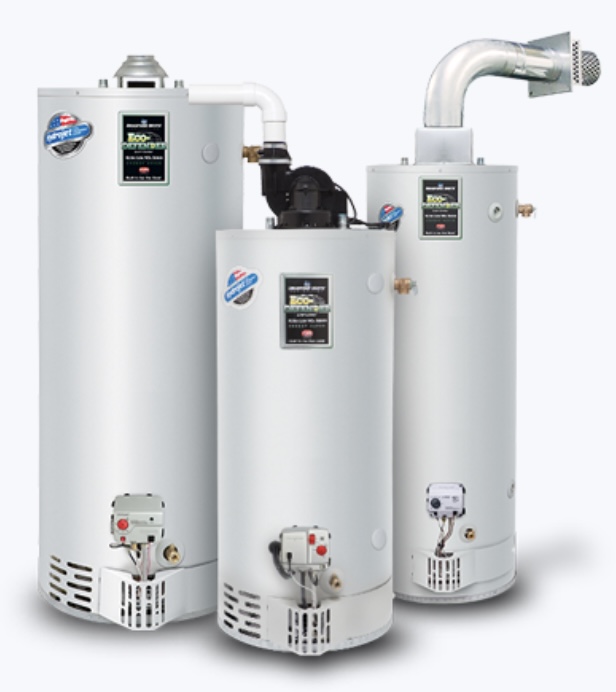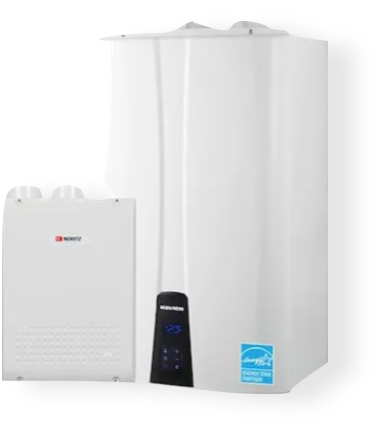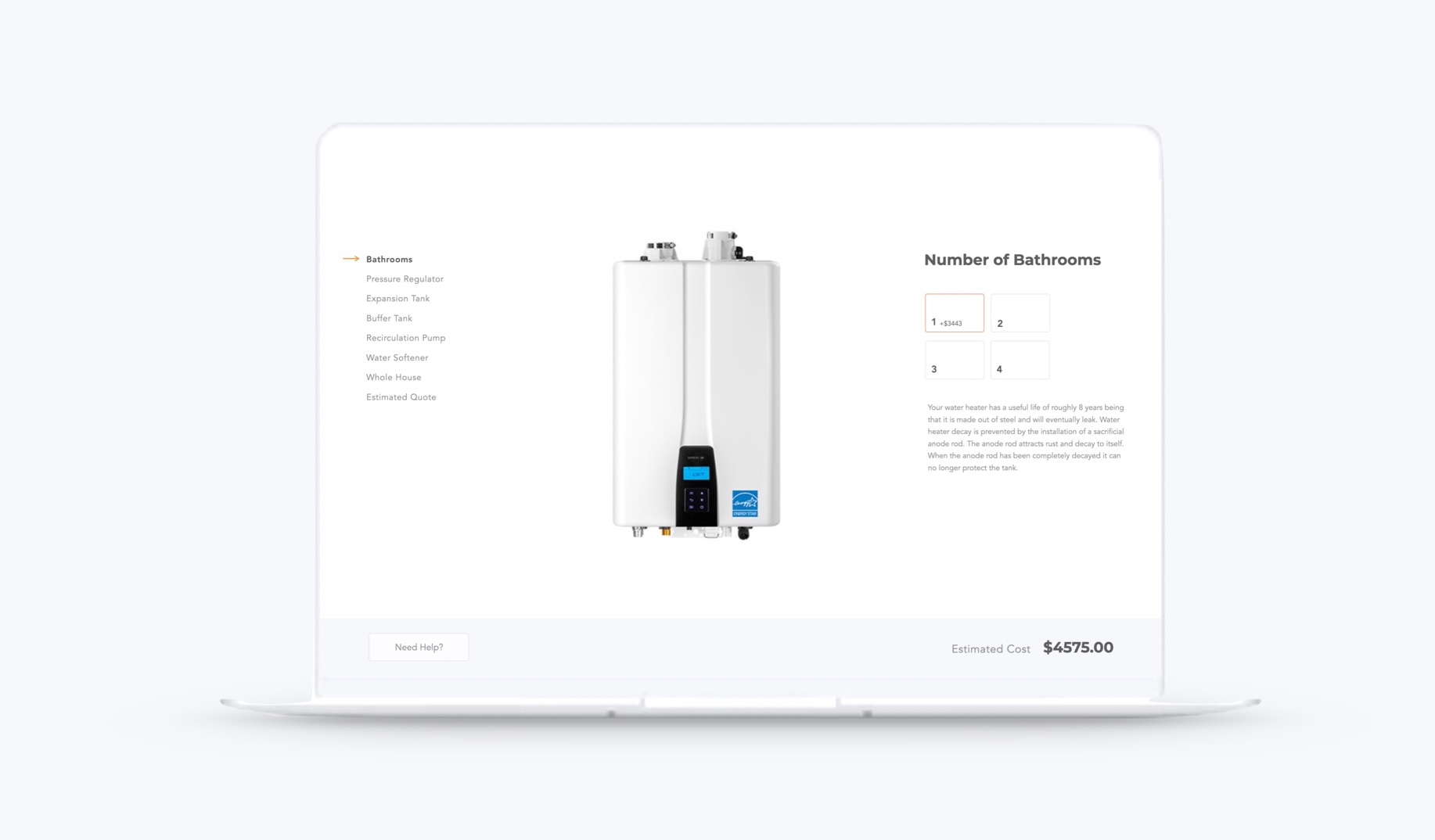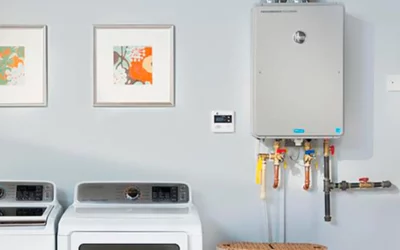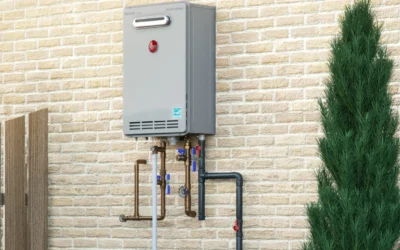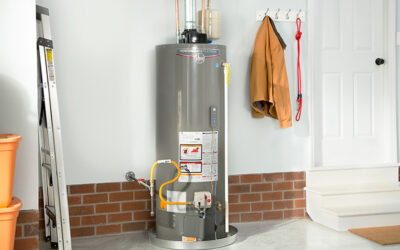Water source heat pump repair is an essential service that ensures the proper functioning and longevity of these heating and cooling systems. Water source heat pumps are highly efficient and eco-friendly, providing both heating and cooling capabilities by utilizing the renewable energy from water sources. However, like any mechanical system, they can experience issues over time. Understanding the common problems and signs that indicate the need for repair is crucial for homeowners and businesses relying on these systems. Whether it’s addressing leakage problems, lack of heat or cooling, or poor air quality, hiring a professional repair service with the right qualifications, cost considerations, and warranty options is vital. Additionally, knowing the maintenance tasks that can be performed to prevent future issues is beneficial. Regular servicing and proper care can extend the lifespan of water source heat pumps, ensuring optimal performance and energy efficiency.
Understanding Water Source Heat Pumps
In this section, we will provide a comprehensive understanding of water source heat pumps, including how they work and the benefits they offer.
How Do Water Source Heat Pumps Work?
Water source heat pumps work by extracting heat from a water source, such as a river or a well, and transferring it to a building for heating or removing heat from the building for cooling purposes.
Benefits of Water Source Heat Pumps
Water source heat pumps offer several benefits that make them a popular choice for heating and cooling systems. One of the main advantages is their energy efficiency. These heat pumps transfer heat from a water source, such as a lake or well, to provide heating or cooling for a building. By utilizing the constant temperature of the water source, they require less energy to operate compared to traditional HVAC systems. Additionally, water source heat pumps are environmentally friendly as they do not emit greenhouse gases. They also provide consistent and comfortable indoor temperatures throughout the year, offering both heating and cooling capabilities. Overall, the benefits of water source heat pumps make them a cost-effective and sustainable solution for both residential and commercial buildings.
Common Issues with Water Source Heat Pumps
Common issues with water source heat pumps can include leakage problems, lack of heat or cooling, and poor air quality.
Leakage Problems
Leakage problems can be a common issue with water source heat pumps. If you notice any water leaks around your unit, it is important to address them promptly. Water leaks can not only lead to damage to the unit itself but also to the surrounding area. To troubleshoot leakage problems, you can follow a few steps:
- Inspect the unit for any visible leaks or drips.
- Check the condensate drain line for clogs or blockages, as a clogged drain line can cause water to overflow and leak.
- If you find any leaks or clogs, it is recommended to contact a professional repair service to assess and fix the issue.
By addressing leakage problems in a timely manner, you can prevent further damage to your water source heat pump and ensure its efficient operation.
Lack of Heat or Cooling
If you are experiencing a lack of heat or cooling from your water source heat pump, it could indicate a potential issue that requires repair. There are several possible reasons for this problem, such as a malfunctioning thermostat, a refrigerant leak, or a faulty compressor. To diagnose and address the issue, it is recommended to hire a professional repair service. They will be able to identify the underlying cause of the problem and provide the necessary repairs to restore proper heating and cooling functionality to your water source heat pump.
Poor Air Quality
Poor air quality is a common issue that can occur with water source heat pumps. This can be caused by a variety of factors, including dirty or clogged filters, mold or mildew growth within the system, or a buildup of dust and debris. When the air quality is poor, it can lead to respiratory problems, allergies, and discomfort for those within the space where the heat pump is installed. It is important to regularly clean or replace filters, and perform routine maintenance to ensure that the air quality remains high. If the issue persists, it may be necessary to contact a professional for further inspection and repair.
Signs that Your Water Source Heat Pump Needs Repair
If you notice unusual noises, inconsistent temperature, or increased energy bills, these may be signs that your water source heat pump needs repair.
Unusual Noises
Unusual noises coming from your water source heat pump can be a sign that it needs repair. These noises can include banging, squealing, or grinding sounds. Banging noises may indicate a loose or damaged component, while squealing or grinding noises could be a result of worn-out bearings or a malfunctioning motor. It is important to address these unusual noises promptly to prevent further damage and ensure the optimal performance of your water source heat pump.
Inconsistent Temperature
If you notice inconsistent temperature in your water source heat pump, it may be a sign that it needs repair. Inconsistent temperature can occur when the heat pump is struggling to maintain a consistent flow of heated or cooled air. This could be due to a variety of issues, such as a malfunctioning thermostat, a refrigerant leak, or a clogged air filter. It is important to address this issue promptly to ensure the comfort and efficiency of your heating and cooling system. A professional repair service can diagnose the underlying cause of the inconsistent temperature and provide the necessary repairs to restore optimal functionality.
Increased Energy Bills
If you have noticed an increase in your energy bills, it could be a sign that your water source heat pump needs repair. A malfunctioning heat pump may have to work harder and consume more energy to maintain the desired temperature in your home. This increased energy usage can result in higher utility bills. It is important to address this issue promptly to prevent further energy waste and minimize your expenses.
DIY Water Source Heat Pump Troubleshooting
Learn how to troubleshoot common issues with your water source heat pump and perform simple maintenance tasks to keep it running efficiently.
Checking for Air Leaks
Checking for air leaks is an important step in troubleshooting water source heat pumps. Air leaks can lead to inefficiency and reduced performance of the system. To check for air leaks, start by inspecting the ductwork for any visible signs of damage or loose connections. Additionally, you can use a smoke pencil or an infrared camera to detect any air leaks. Pay close attention to areas where the ductwork meets the walls, ceilings, or floors, as these are common areas for leaks to occur. If you identify any leaks, it is recommended to seal them using appropriate duct tape or mastic sealant. Regularly checking for air leaks and promptly addressing them can help ensure optimal functioning of your water source heat pump system.
Cleaning or Replacing Filters
One important maintenance task for water source heat pump owners is cleaning or replacing filters. Filters help to remove dust, dirt, and other particles from the air, ensuring that the heat pump operates efficiently and effectively. Over time, filters can become clogged and dirty, reducing airflow and putting strain on the system. Cleaning or replacing filters regularly is essential to maintain good air quality and prevent potential issues with the heat pump. To clean the filters, start by turning off the heat pump and locating the filter compartment. Remove the filters and gently vacuum or rinse them with water to remove any buildup. Allow the filters to dry completely before reinstalling them. If the filters are damaged or worn out, it is recommended to replace them with new ones. Replacing filters is a relatively simple task that can greatly improve the performance and longevity of the water source heat pump.
Inspecting Thermostat Settings
Inspecting thermostat settings is an important step in troubleshooting water source heat pump issues. To begin, locate the thermostat and ensure it is set to the desired temperature. Check if the heat or cooling mode is selected correctly. Then, verify that the thermostat is receiving power and is properly connected to the heat pump system. If the thermostat is programmable, review the settings to ensure they are programmed correctly and haven’t been accidentally changed. Additionally, check if the thermostat’s batteries need to be replaced. By carefully inspecting the thermostat settings, you can identify any potential issues that may be affecting the performance of your water source heat pump.
Hiring a Professional for Water Source Heat Pump Repair
When it comes to hiring a professional for water source heat pump repair, it is important to consider qualifications, cost considerations, and warranty and guarantees offered by the repair service.
Qualifications to Look for in a Repair Service
When hiring a professional for water source heat pump repair, it is important to consider certain qualifications. Firstly, ensure that the repair service has experience and expertise in handling water source heat pumps specifically. Look for technicians who are certified and trained in repairing these systems. Additionally, check if the repair service is licensed and insured, as this provides assurance of their professionalism and accountability. It is also beneficial to read customer reviews and testimonials to gauge the quality of their service. Lastly, inquire about their response time and availability, as prompt and reliable service is crucial in case of emergencies.
Cost Considerations
When it comes to water source heat pump repair, cost considerations are an important factor to keep in mind. The cost of repairing a water source heat pump can vary depending on several factors, including the extent of the damage, the specific repair needed, and the service provider you choose. It is recommended to obtain multiple quotes from different repair services to compare prices and ensure you are getting a fair deal. Additionally, it is important to consider any warranty or guarantees offered by the repair service, as this can provide added peace of mind and potentially save you money in the long run. Overall, taking cost considerations into account can help you make an informed decision when hiring a professional for water source heat pump repair.
Warranty and Guarantees
When hiring a professional for water source heat pump repair, it is important to consider the warranty and guarantees provided by the repair service. A reputable repair service should offer a warranty on their workmanship and any replacement parts used. This warranty ensures that if any issues arise after the repair, the service provider will take responsibility and fix it without any additional charges. Additionally, guarantees may also be offered, which provide assurance that the repair service will stand by their work and provide satisfactory results. Checking for warranty and guarantees can give you peace of mind and ensure that you are investing in a reliable repair service for your water source heat pump.
FAQ
Get answers to frequently asked questions about water source heat pump repair, including servicing frequency, DIY repair options, lifespan of heat pumps, average repair costs, and preventive maintenance tasks.
1. How often should I have my water source heat pump serviced?
Water source heat pumps should be serviced at least once a year to ensure optimal performance and prevent potential issues.
2. Can I repair a water source heat pump on my own?
Repairing a water source heat pump on your own can be challenging and potentially dangerous, as it requires specialized knowledge and skills.
3. How long does a water source heat pump last?
A water source heat pump can last for an average of 15 to 20 years, depending on factors such as maintenance, usage, and overall system quality.
5. Are there any maintenance tasks I can perform to prevent future issues?
Yes, there are several maintenance tasks you can perform to prevent future issues with your water source heat pump.


